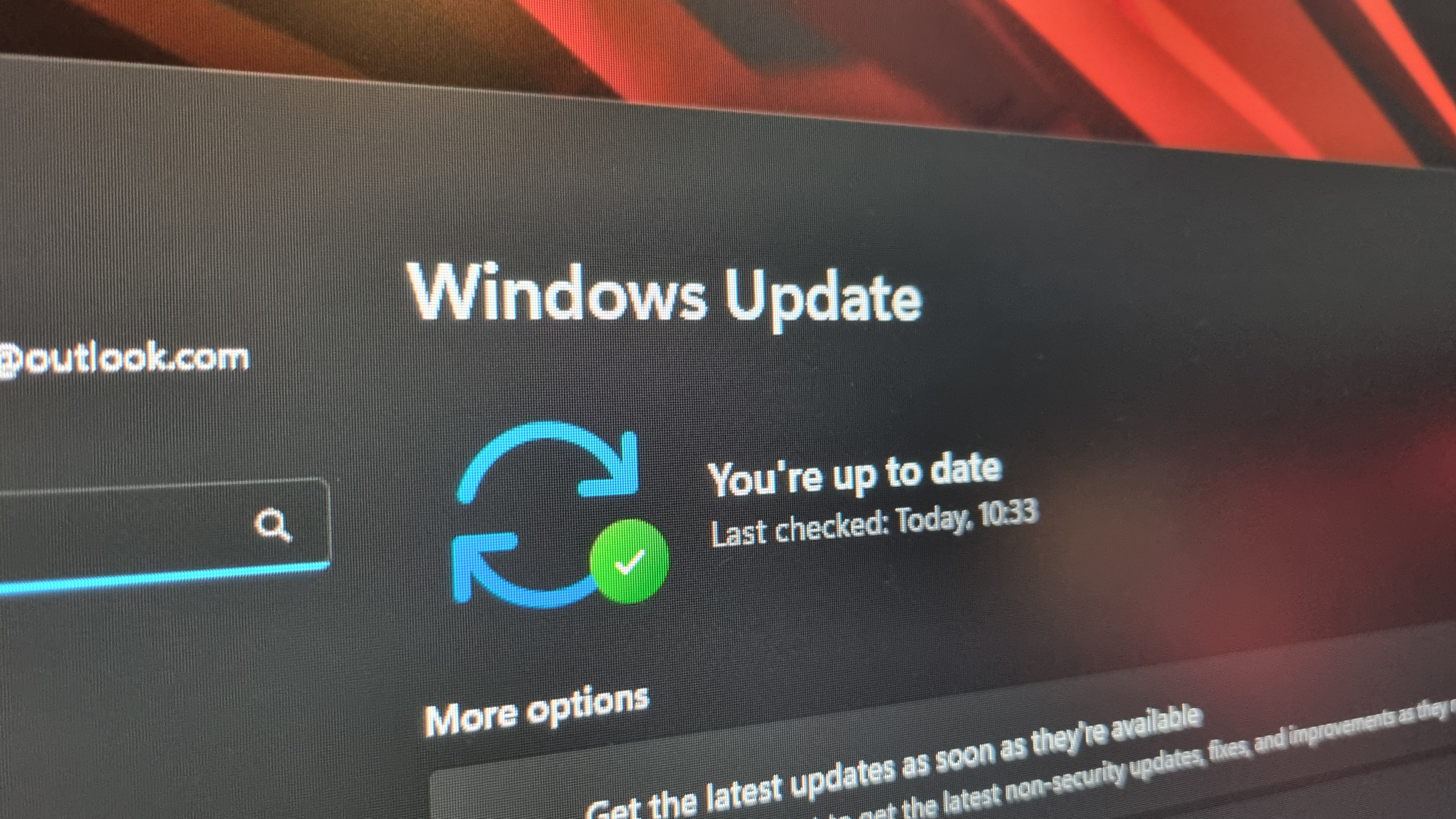
If you don't tidy up before dinner there'll be no ice-cream for afters. And don't even think about a bedtime story.
In my experience, at various points in the lifetime of a Windows install, it’s not uncommon to find Microsoft’s OS leaving chunky update files behind that you have to manually clean up yourself. More than once I’ve wondered where an extra 5 GB or so of my SSD space has gone, only to realise that Windows hasn’t been tidying up after itself the way I would hope.
Still, it’s normally a matter of running the Disk Cleanup utility, tutting appropriately at the leftover update files as they’re removed, and wagging your finger at your machine before you go to bed. Some users of the new Windows 11 24H2 update, however, have been left with a chonky 8.63 GB update cache that simply refuses to be deleted (via Windows Latest).
You can run Disk Cleanup (or its lesser, GUI-laden cousin, Storage Cleanup) to your heart’s content, but while it’ll chug and chunder attempting to remove the file, there it remains afterwards—like that guest you find upside down in your back garden the day after a house party.
Upon experiencing this issue, Windows Latest also tried to delete the files in the software distribution folder, to no avail. It’s a stubborn old goat, apparently, and short of a clean install, nothing seems to get rid of it at time of writing.
Users have been taking to the Microsoft Feedback Hub to report the issue, and it appears that MS has taken notice. It’s reportedly told Windows Latest that it’s aware of the reports, and a fix will be upcoming in the forthcoming update.
It is understood this issue appears to be related to Microsoft’s new checkpoint update system , in which Windows Updates are available in smaller, incremental packages designed to free up bandwidth and download requirements for major system updates.
It’s likely to be a minor inconvenience for most users though—if your storage space is so tight that 8.63 GB cannot be spared without issue, I’d highly advise getting yourself a cheap SSD upgrade. Still, this is the PC equivalent of leaving dirty dishes in the sink, so hopefully Microsoft allows Windows to clean up its act sometime soon.
Best gaming PC: The top pre-built machines.
Best gaming laptop: Great devices for mobile gaming.






